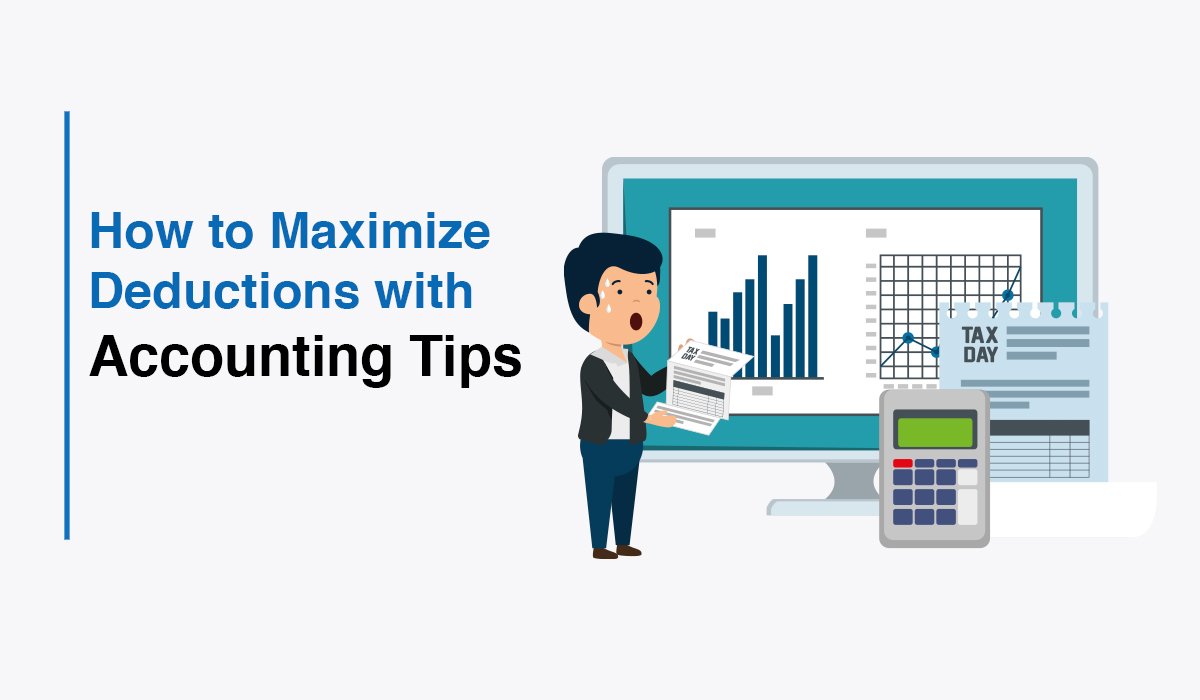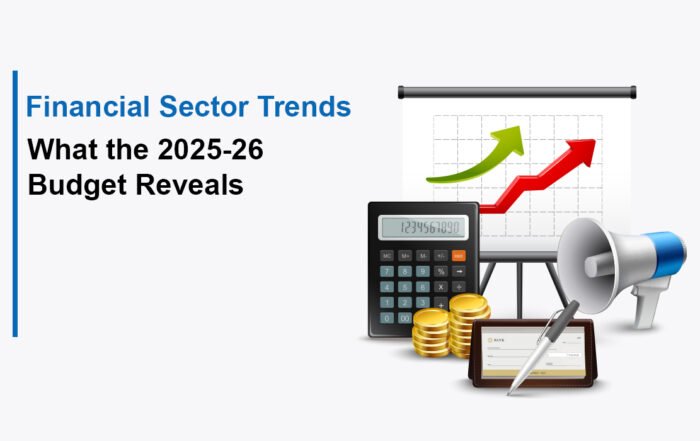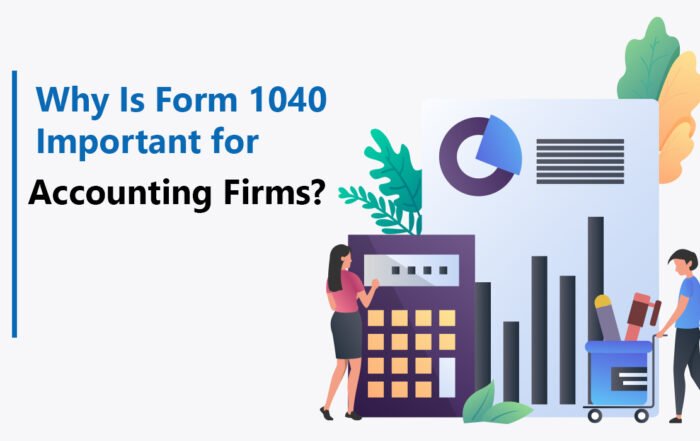Running a small business comes with a host of financial challenges, but understanding how to maximize deductions can significantly ease your tax burden. By leveraging effective accounting strategies, you can keep more money in your pocket while ensuring compliance with tax laws. Here’s an engaging guide to mastering small business tax deductions and accounting tips, incorporating essential keywords like tax deduction, adjusted gross income, small business tax deduction, and more.
Small Business Tax Deductions And Accounting Tips
1. Understand Tax Deductions
A tax deduction reduces your taxable income, lowering your adjusted gross income (AGI). It is also important to note that your taxable income or tax owed depends on the AGI hence the lower the AGI the less tax. Familiarize yourself with commonly overlooked small business tax deductions, such as:
- Home Office Deduction: If you have a home office, then determine a fraction of your house that is dedicated to business to claim deductions including rent, electricity, and repairs.
- Travel Expenses: Expenses that are incurred while traveling on business such as airfare, accommodation, and meals are allowable expenses.
- Office Supplies: Purchases of paper, for example, a stapler, a printer, or a computer are considered to be business expenses.
- Vehicle Expenses: Record any example of the proper utilization of a car or mileage amount for business.
2. Maintain Accurate Bookkeeping
Deductions should be claimed accurately and to do this, there should be accurate accounts. QuickBooks or Xero are the best examples of automated software that allow tracking all incomes and expenses, without omitting a single one. Record keeping can also eliminate problems during audits and develop opportunities for potential deductions.
Here’s how to streamline bookkeeping:
- Have the operational funds of the young business and the homeowner’s funds in different accounts.
- Employ the help of software that will track the timing automatically and reduce the strain increasing error likelihood.
- You must balance your books from time to time to avoid any discrepancies.
3. Leverage Small Business Tax Deductions
As a small business owner, you qualify for a range of deductions tailored to support entrepreneurship like Small business tax deductions. These include:
- Startup Costs: Expenses incurred before opening your business, such as market research and advertising.
- Employee Benefits: Salaries, insurance premiums, and retirement plan contributions.
- Professional Services: Costs for hiring a tax advisory or accounting firm.
By consistently tracking these expenses, you can claim them during tax preparation to reduce your liability.
4. Plan for Adjusted Gross Income (AGI)
Your AGI determines your eligibility for specific deductions and tax credits. To lower your AGI:
- Contribute to retirement plans like SEP IRAs or 401(k)s.
- Deduct health insurance premiums if self-employed.
- Write off student loan interest or alimony payments.
Tax advisory experts can help create strategies to minimize your AGI effectively.
5. Schedule Regular Financial Reviews
Don’t wait until tax season to assess your financial health. The reports such as profit and loss are useful in checking for possible deductions and assuring Business tax preparation and filing on time. Use these reviews to:
Among the quantitative analyses, determine cash flow and profitability.
- Identify areas where money waists.
- Plan for tax changes for the next financial year.
6. Stay Updated on Tax Laws
Taxes are a very dynamic area of law given that taxes change with each passing regulation. Working with a financial service provider also allows you to get first-hand information on new opportunities and regulations. For example, regarding the introduction of superior deductions for increased environmentally friendly business engagements, you stand to save some cash while at the same time supporting the environment.
7. Seek Professional Guidance
Documents such as sales invoices and petty cash are easy to reconcile internally, while claims that involve complicated deductions or multiple states call for the services of a professional tax consultant. Consult with a tax advisory service provider in law or hire the services of a reputable financial service provider.
8. Integrate Essay for Effectiveness
Reduce time-wasteful tasks, and the risk of manual input errors and automate functions such as invoicing, expenses, and taxes. Some applications connect to your accounting software to notify you of the missing deductions and ensure the best filing.
9. Collaborate With Monarch Innovation
Are you willing to make your accounting and tax planning easy and fully utilize all legal deductions? Financial and tax services available with Lints advisors include all business consultancy services specific to small business owners. Allow them to help your business get the best results when preparing and filing business taxes.
This is a way small business persons can easily be able to handle their taxes throughout the period for tax compliance while taking advantage of the various tax allowances without violating any law. Remaining active, and engaging professionals will go a long way in ensuring that your business becomes financially strong in the future.
Financial Sector Trends: What the 2025-26 Budget Reveals
The Union Budget 2025-26, unveiled by Finance Minister Nirmala Sitharaman, has set the stage for transformative changes in India's financial sector. The upcoming budget concentrates on developing economic expansion while making credit options more accessible [...]
Empowering Women: Financial Planning for 2025
In today's dynamic financial world, empowering women through tailored financial planning is more crucial than ever. Women often face unique financial challenges, including longer life expectancies, career breaks for caregiving, and persistent wage gaps. Addressing [...]
Why Is Form 1040 Important for Accounting Firms?
When it comes to the world of taxes, Form 1040 holds a central position. It is often referred to as the "U.S. Individual Income Tax Return" and serves as the primary document taxpayers use to [...]





